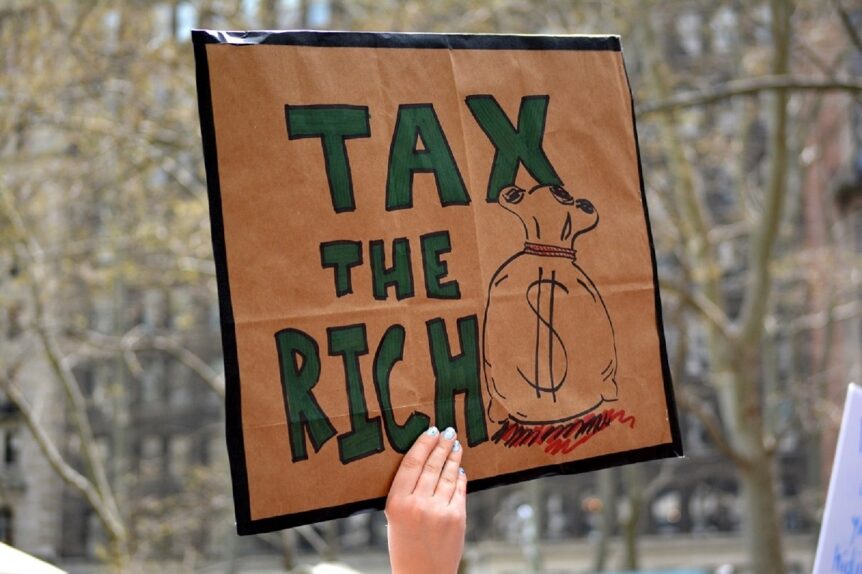Vermont is introducing a historic bill that would see a rise in tax payments from its wealthier residents in an attempt to fund issues brought on by the wide financial inequality in the state.
Vermont’s Progressive Stance on Wealth Tax

Image Credit: Shutterstock / MIND AND I
Vermont has introduced two bills aiming to impose wealth taxes on its wealthiest residents in its latest progressive act to combat taxes.
Growing Disparities

Image Credit: Shutterstock / Prazis Images
Vermont now needs to find new ways of generating income to fund the growing disparities and financial inequality among its small but divided population, which is why taxing the wealthy has been chosen.
Lawmakers Target Income Disparities

Image Credit: Shutterstock / cgstock
Lawmakers have proposed a 3% tax on individuals earning over $500,000 and an additional tax on capital gains above $10 million.
Vermont Needs More Income

Image Credit: Shutterstock / Rawpixel.com
A Vermont Rep. who supported the bills, Emilie Kornheiser, argued, “Vermont has significant unmet needs and must raise more revenue to adequately address those needs.”
Worrying Inequality Increasing in Vermont
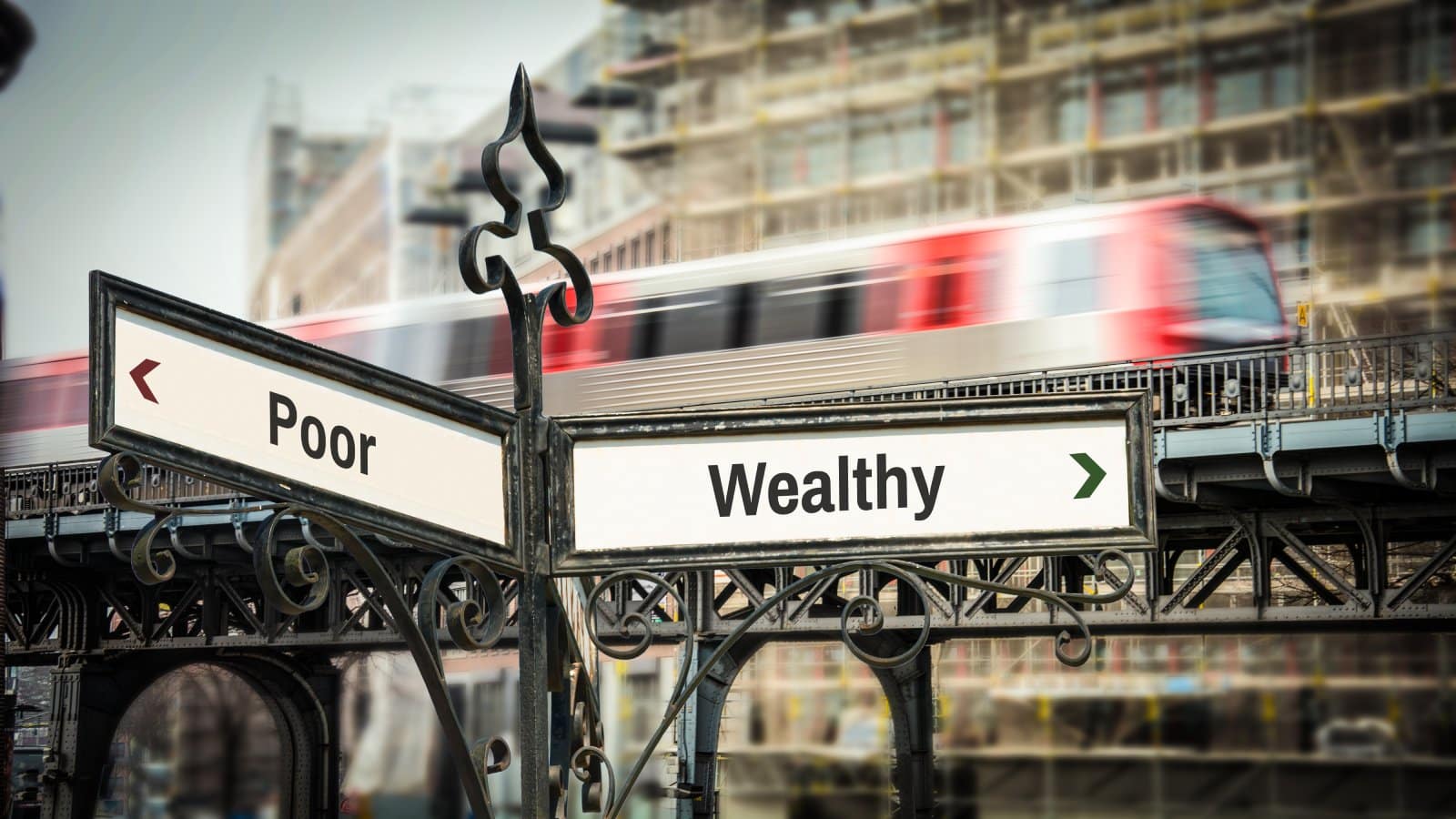
Image Credit: Shutterstock / Pixelvario
“At the same time, we know that economic inequality is increasing: The wealthiest Vermont residents are getting wealthier, while wages for the majority of Vermont residents are not keeping up with rising costs of living,” said Kornheiser.
States Proposing Wealth Taxes
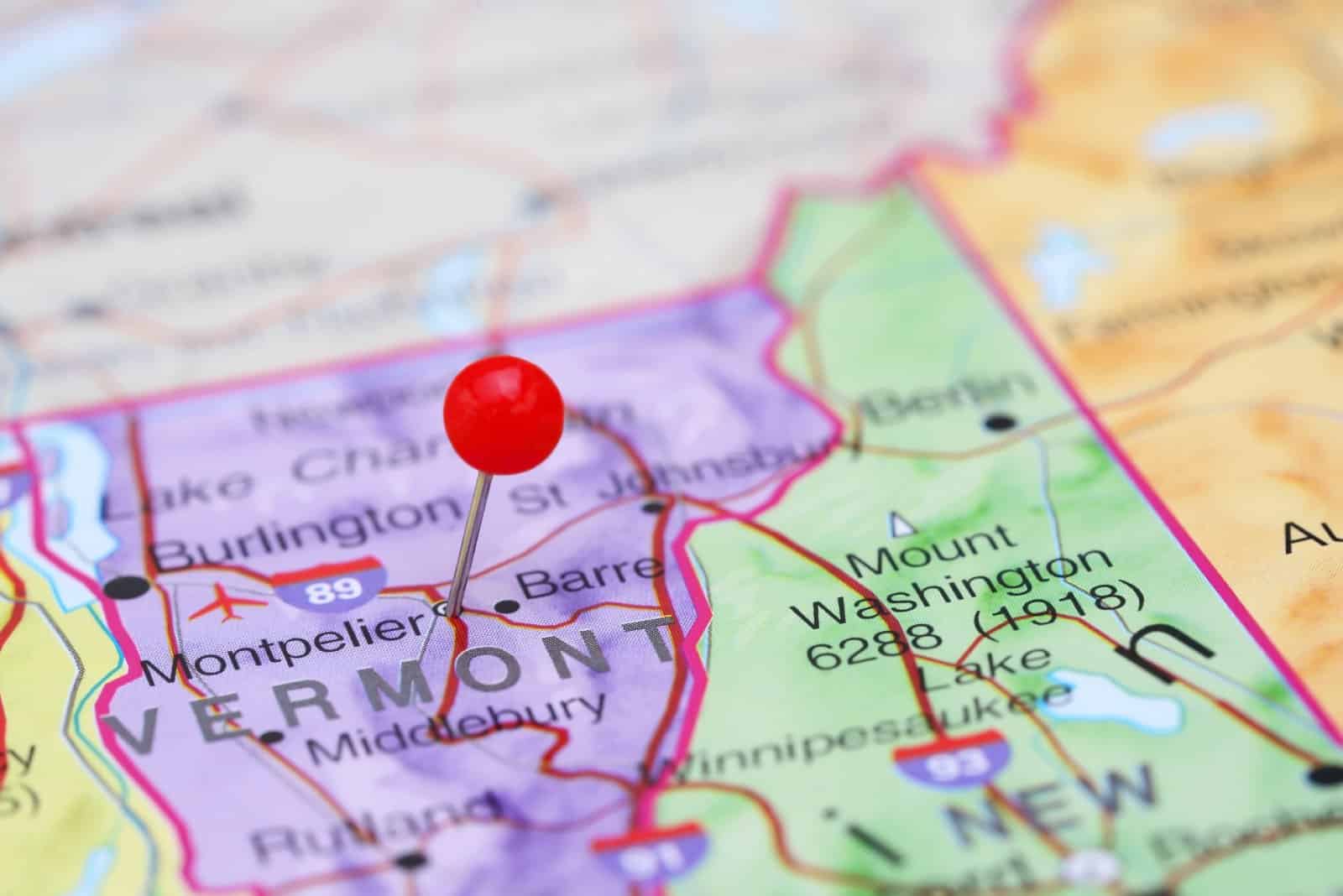
Image Credit: Shutterstock / Dmitrijs Kaminskis
Eight states, including Vermont, and national figures like President Joe Biden and Sen. Elizabeth Warren have shown interest in supporting wealth tax proposals.
Massachusetts Exception
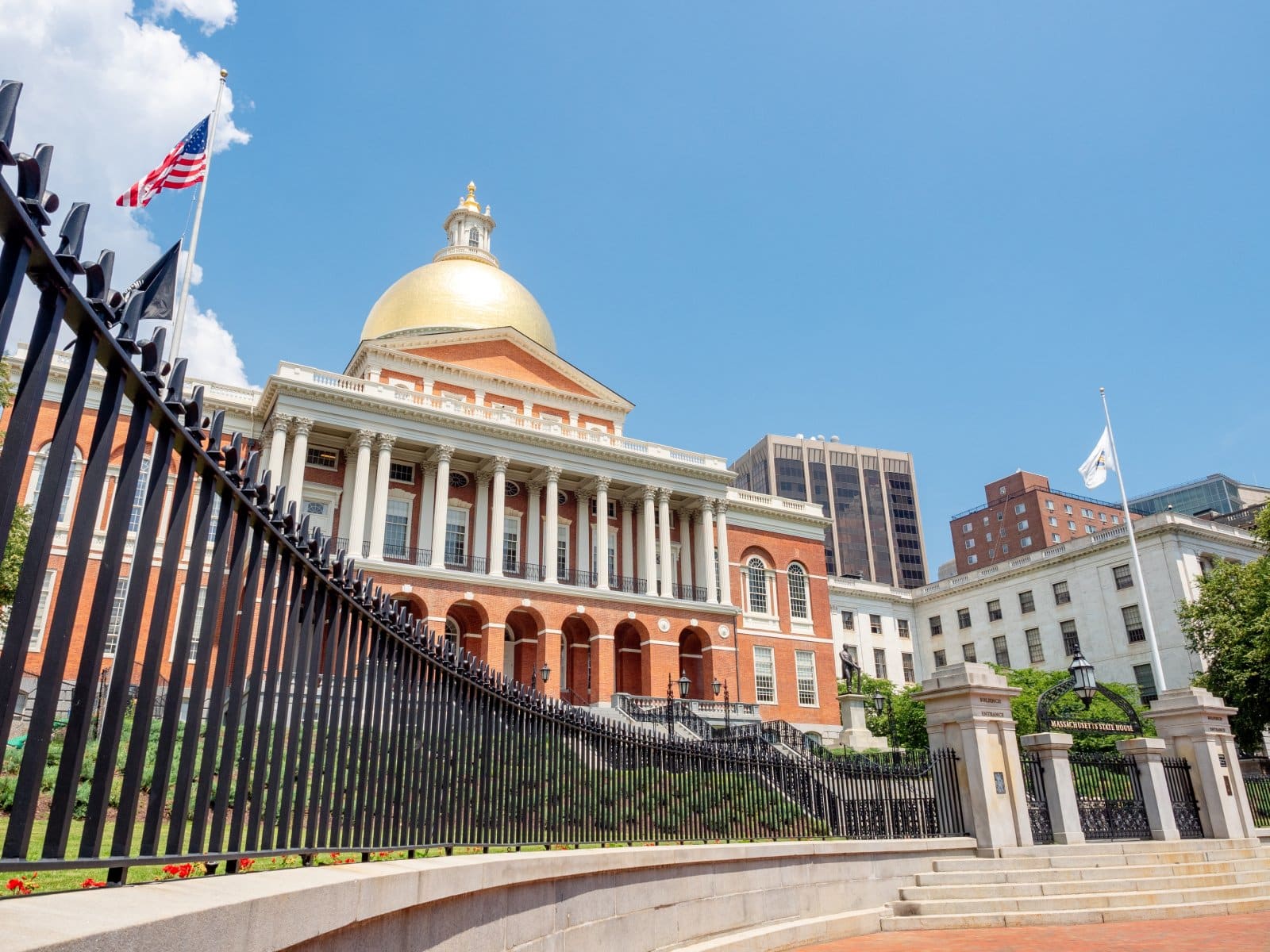
Image Credit: Shutterstock / bodhichita
Massachusetts instituted a 4% “millionaire’s tax” in 2023, from which the revenue is being used to fund honorable causes such as free school meals.
Consolidation of Wealth at the Top
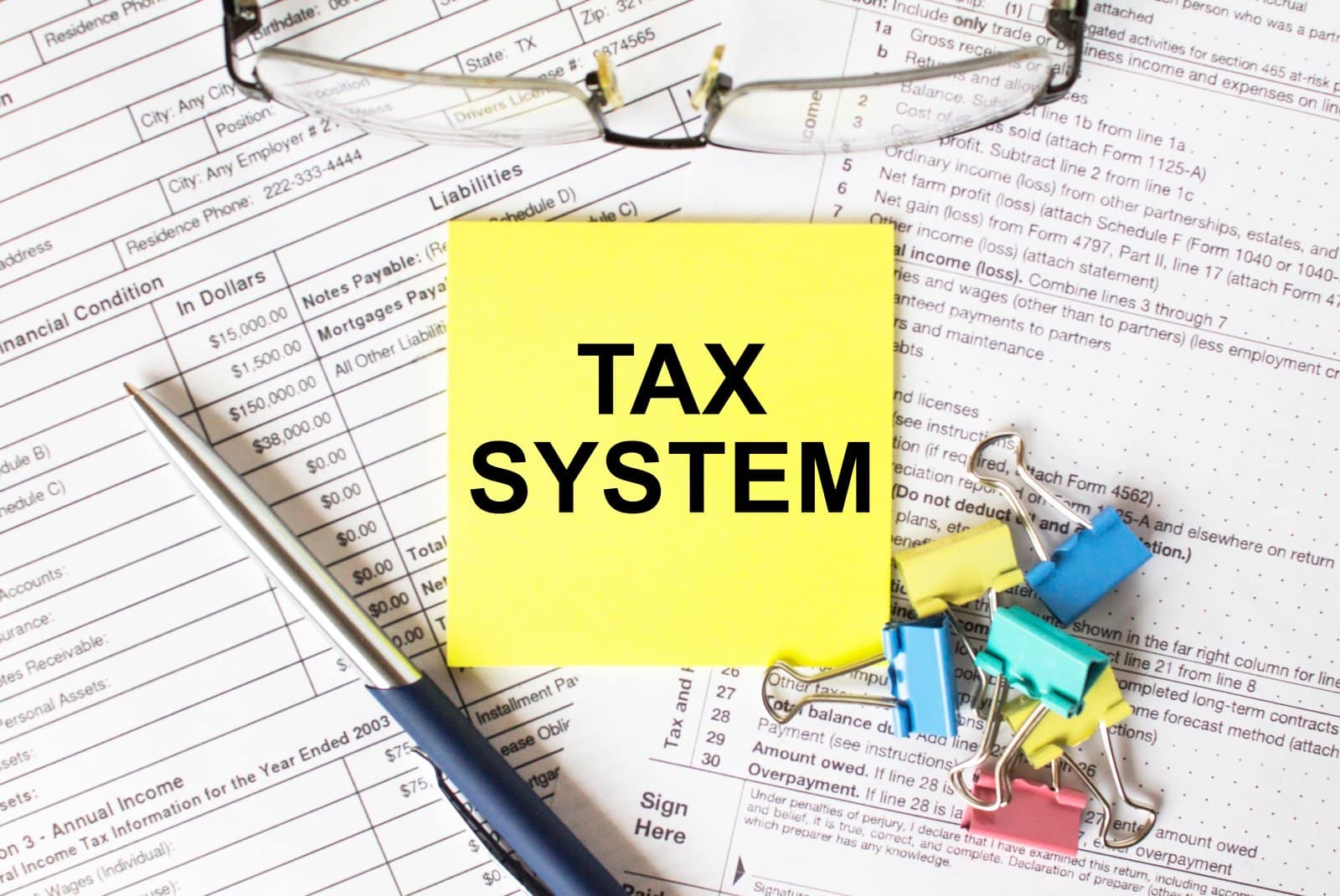
Image Credit: Shutterstock / Den Dubinko
Vermont’s tax system “consolidates wealth at the top, which prevents the state from raising sufficient revenue while placing an undue burden on middle-class families,” said Kornheiser.
A Change In Heart

Image Credit: Shutterstock / Vitalii Vodolazskyi
To resolve the lack of revenue, Korneheiser argued, “Our tax system additionally leaves a significant amount of wealth untouched,” meaning they should use this to fund important projects to help those less fortunate, especially children.
Wealthy Paying Lower Tax Rates
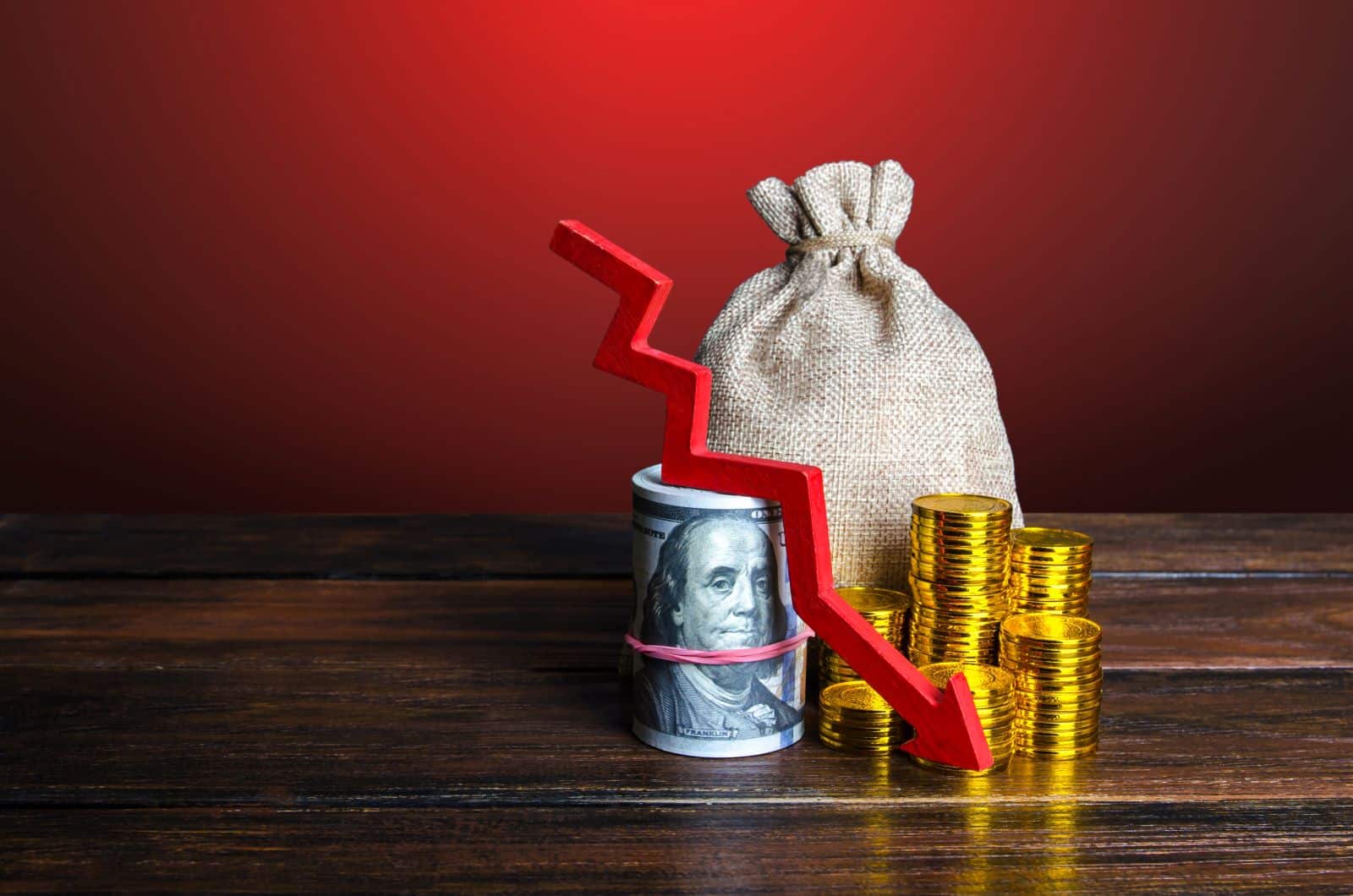
Image Credit: Shutterstock / Andrii Yalanskyi
Across the U.S., the wealthiest individuals generally pay a lower share of their income in taxes compared to lower earners, with the top 1% of earners taxed 7.2% of their yearly income, as opposed to the lowest 20% of earners who pay 18%.
Disparities in State and Local Tax Rates

Image Credit: Shutterstock / GaudiLab
ITEP’s analysis revealed the top 1% in Vermont pay a combined effective tax rate of 10.1%, while middle-income earners face higher rates.
Wealthy Vermont Residents Taxed Lower
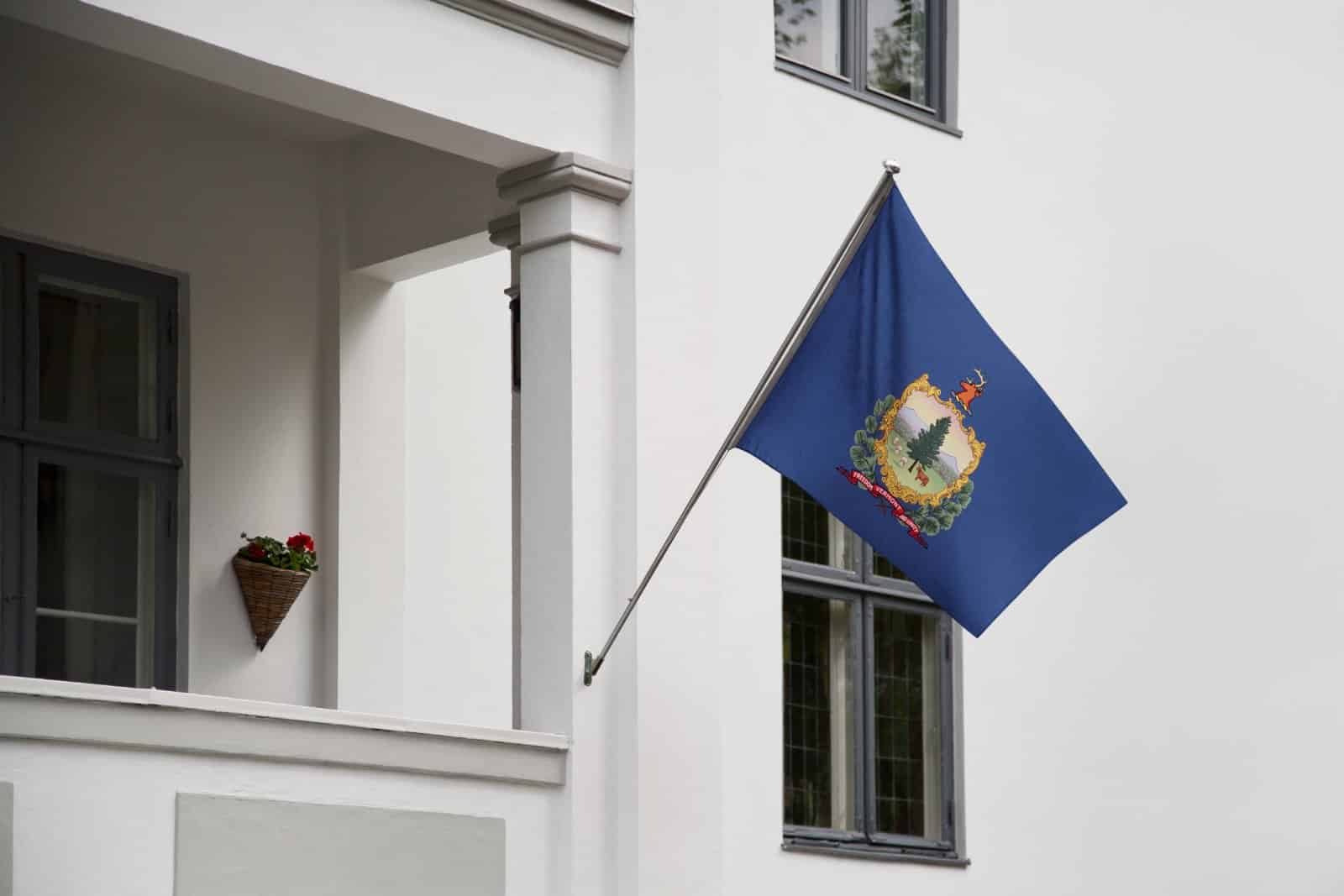
Image Credit: Shutterstock / The Art of Pics
In Vermont, ITEP researcher Carl Davies noted that “The wealthiest Vermonters are paying lower rates than some middle-income earners,” aligning with the rest of the country, but that might be about to change.
Lack of Wealth Tax’s Impact on Public Funding

Image Credit: Shutterstock / Bob LoCicero
“We know that wealthy people receive a huge share of overall income, and so choosing to tax all that income at lower rates can really impact states’ ability to fund schools, parks, infrastructure and every other public service,” argued Davies.
Resistance to Tax Hikes
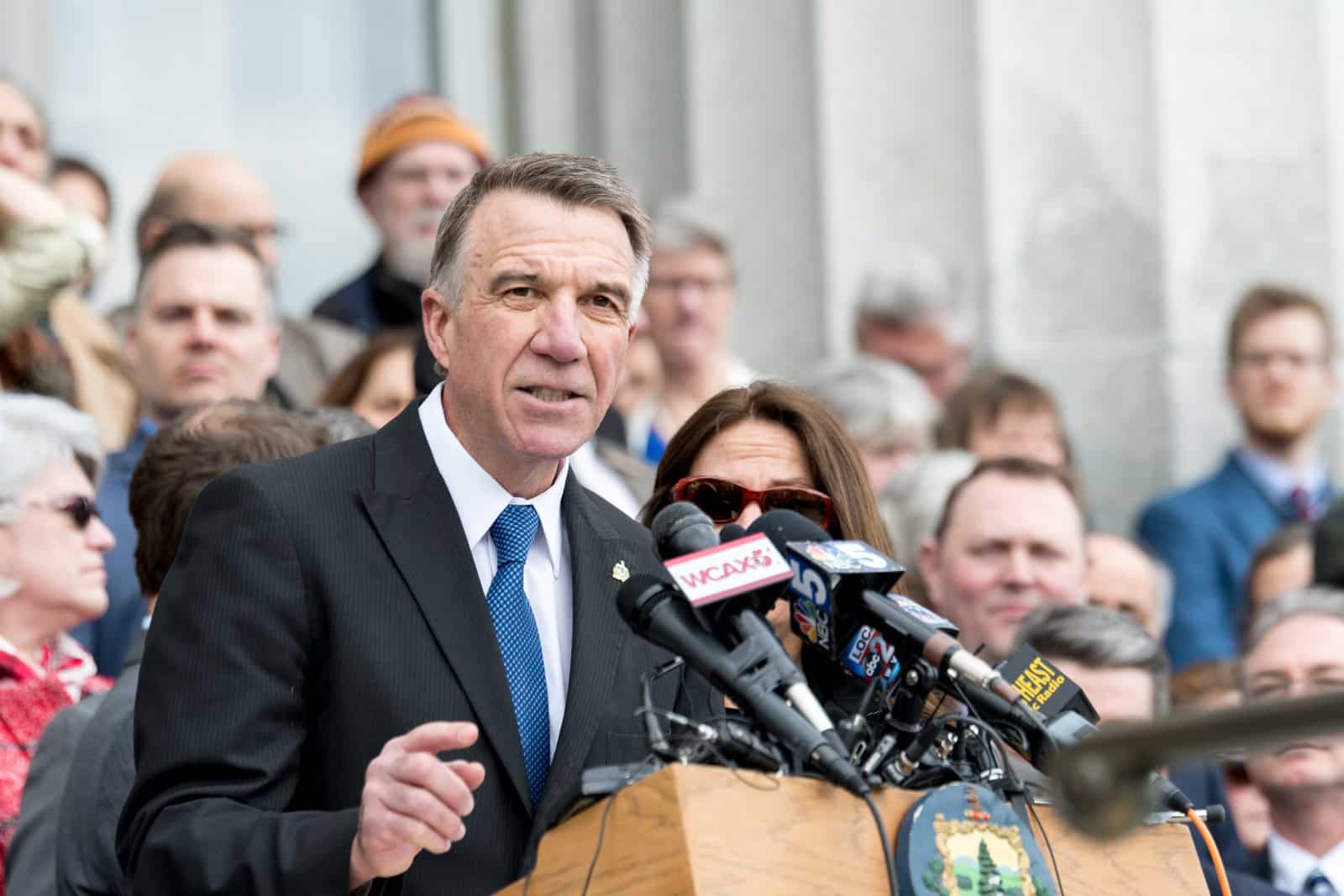
Image Credit: Shutterstock / Bob LoCicero
Vermont Governor Phil Scott, a moderate Republican, resisted tax hikes, suggesting that the current wealthy residents may flee, and potential ones may not migrate in the first place.
Rich People Fleeing?

Image Credit: Shutterstock / New Africa
Governor Scott worries that wealth taxes might lead affluent Vermonters to move to lower-tax states, impacting the state’s revenue, “Rich people moving because they didn’t like their tax bill…it’s not happening on a wide scale.”
Rich Americans’ Reluctance to Move

Image Credit: Shutterstock / XArtProduction
Despite Governor Scott’s concerns about wealthy residents migrating, new research suggested that wealthy Americans move less frequently than the general population.
Minimal Impact of Tax Bills on Migration
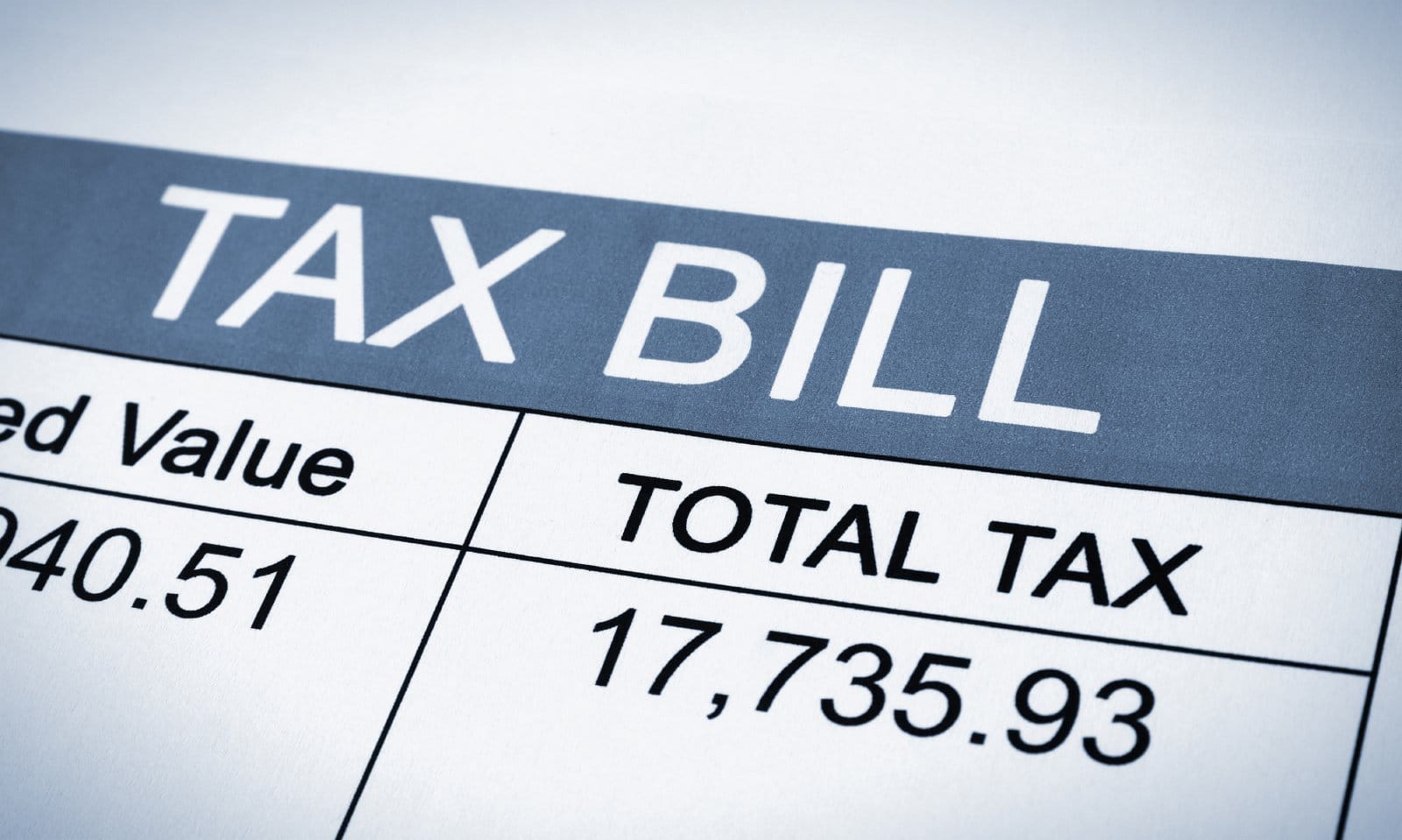
Image Credit: Shutterstock / Aeolos Image
A 2016 study found that only 2.4% of millionaires migrated for tax reasons, indicating that such moves are exceptions rather than the norm.
Mythbusting Wealthy Migration

Image Credit: Shutterstock / BABAROGA
“We’ve all heard the anecdotes about rich people moving because they didn’t like their tax bill, but the data tell us that these stories are exceptions, and it’s not happening on a wide scale,” argued Davis.
Wealth Tax on Capital Gains

Image Credit: Shutterstock / garagestock
Vermont faces challenges proposing a wealth tax on capital gains, exempting most retirement accounts but targeting investment accounts above $10 million.
Future of Vermont and the US?
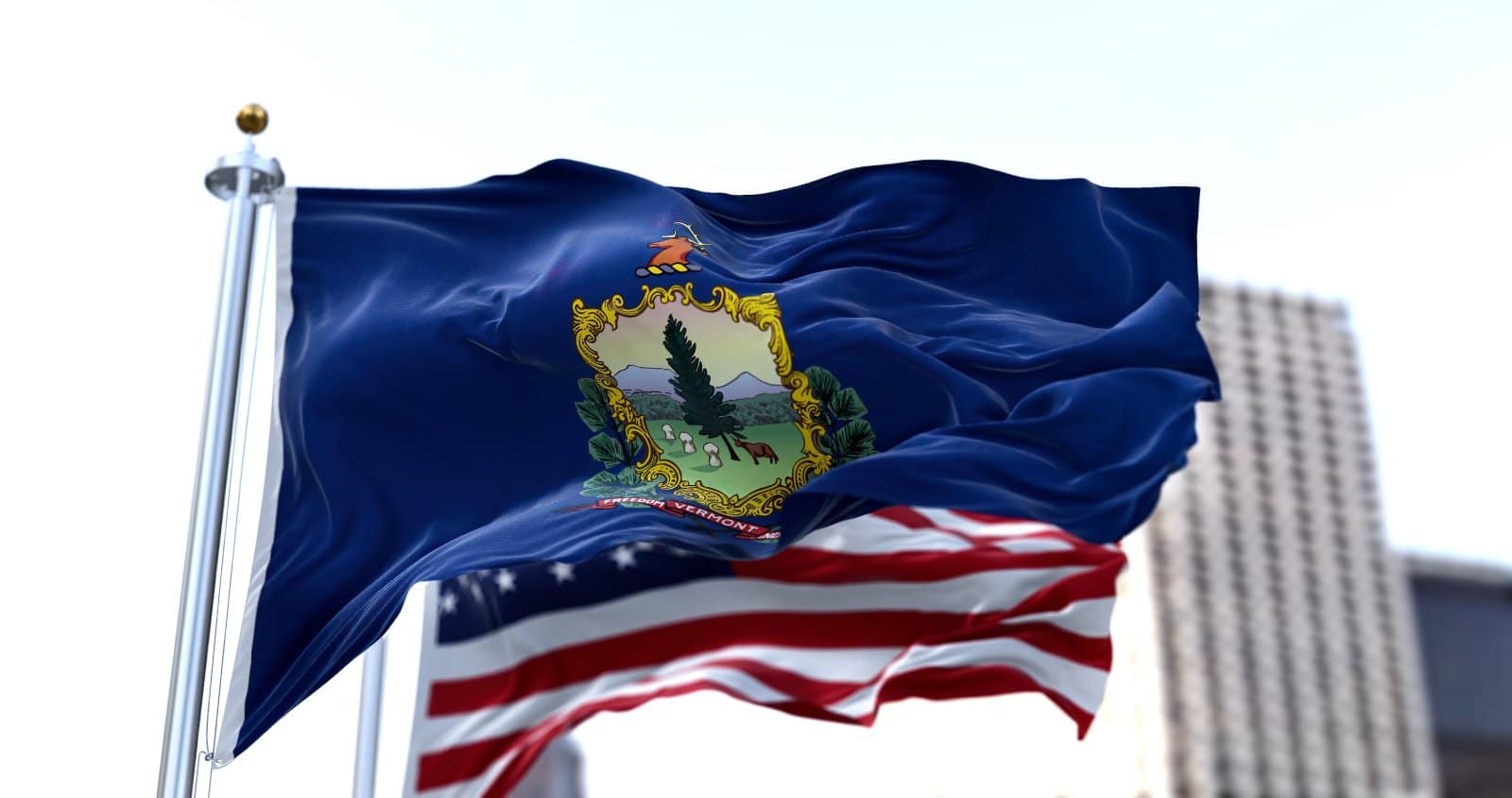
Image Credit: Shutterstock / rarrarorro
Although the idea of taxing the wealthy hasn’t followed suit in the rest of the country, it could be the future. According to CBS MoneyWatch, it’s what the people want, “Most Americans are in favor of raising taxes on the rich,” they said.
The post – Vermont’s Wealth Tax: A Historic Effort to Redistribute Wealth – first appeared on EcoHugo.
Featured Image Credit: Shutterstock / Christopher Penler.
The content of this article is for informational purposes only and does not constitute or replace professional financial advice.

